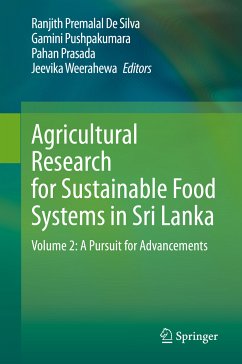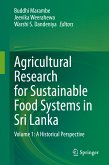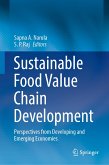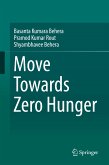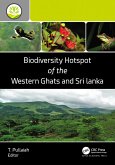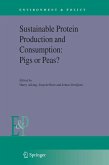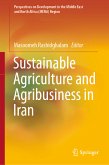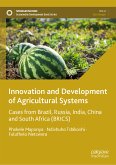Food systems deliver optimal performance when the policy and regulatory environment is conducive, institutions are supportive, and a combination of agricultural research investments and an efficient extension system generates the technologies and scientific evidence required for sound policymaking and agenda setting. Further, agricultural research can generate essential findings, technologies and policies for sustainable agricultural development - across disciplines, sectors and stakeholder groups. This book shares valuable insights into research conducted in the broad food and agriculture sectors in Sri Lanka. It also discusses the status quo in related disciplines, and outlines future research directions. Accordingly, it offers a valuable source of reference material for researchers, students, and stakeholders in the food and agriculture sectors, while also highlighting the types of support that policymakers and other decision-makers can provide.
Dieser Download kann aus rechtlichen Gründen nur mit Rechnungsadresse in A, B, BG, CY, CZ, D, DK, EW, E, FIN, F, GR, HR, H, IRL, I, LT, L, LR, M, NL, PL, P, R, S, SLO, SK ausgeliefert werden.

